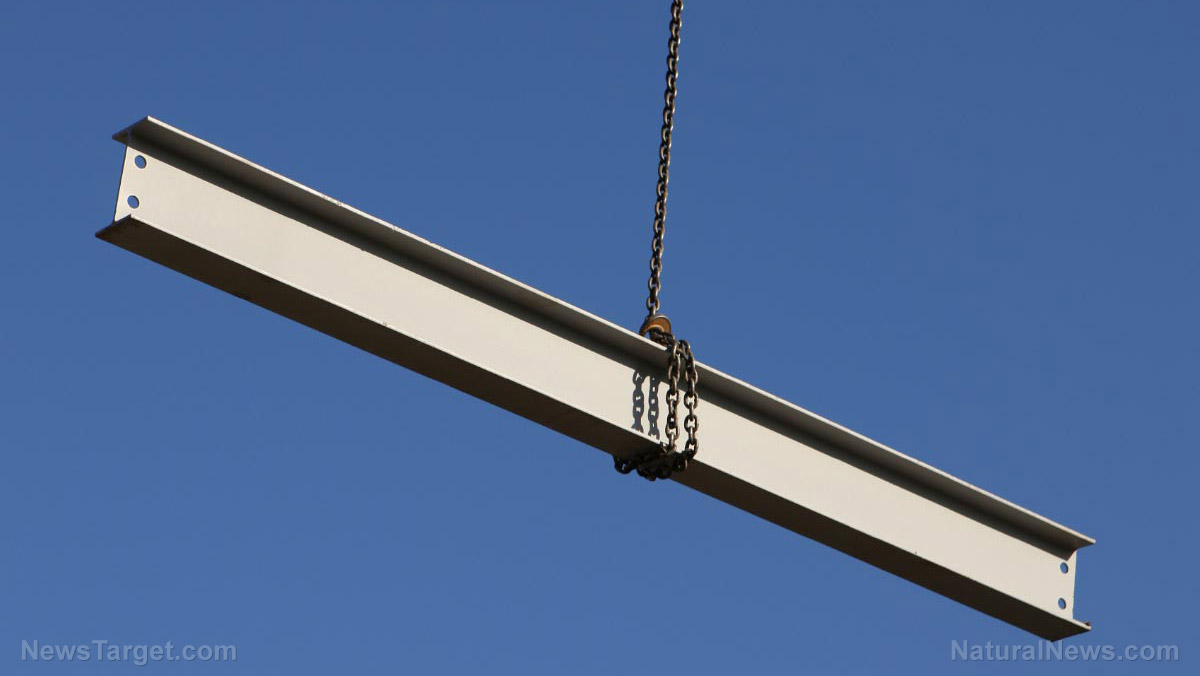
Steel production in Europe is literally close to collapsing as the continent deals with major spikes in energy costs thanks to having become overly dependent on Russian gas and oil, which is now being heavily sanctioned following the February invasion of Ukraine.
In Sweden, for instance, energy costs have hit several major manufacturers, putting them on the verge of having to close down, especially the steel industry, which has been particularly hard hit by soaring natural gas expenditures, the Swedish publication Samnytt reported.
Steel forging company Bharat Forge in Karlskoga has experienced a quadrupling of its electricity prices and now risks being forced to halt its operations. This is primarily due to the fact that its furnaces are electric and consume up to 60,000 megawatt-hours per year, according to the news portal, and the rise in energy prices has seen production costs soar by many millions.
“We cannot bear these costs; it is completely impossible,” site manager Niklas Blom told the outlet.
The steel components that are produced at the factory are crucial for other manufacturers, especially large-ticket items like automobiles and aircraft. Plus, steel production is vital to keep the 'just-in-time' supply chain operating, especially after being hard hit by COVID-related shutdowns and closures, many of which lasted for months.
The rise in the Swedish forge's steel production costs mean that the firm is far less competitive with other steel makers in the European Union and abroad.
“Unfortunately, this leads to us in Sweden losing competitiveness against low-wage countries. In the end, business will disappear from Sweden. Our employees feel very bad. And if our employees feel really bad about this, the company won’t feel good either,” Blom added.
He has called on the Swedish government to lend greater financial support to the industry to prevent it from shutting down completely. Blom said that without urgent state intervention, the company is likely to collapse, though he added that negotiations appear to be going well.
But if they don't produce any agreement on assistance, then he has warned that there will be "a kind of economic crisis in Sweden" that will cause a "collapse" in manufacturing, and low-wage EU member nations will step in to fill the void.
Meanwhile, steel makers in Germany are facing a similar problem, especially since Germany was extremely reliant on Russian energy.
“Production in Germany is currently no longer competitive,” Reiner Blaschek, the CEO of ArcelorMittal Germany, which recently closed two plants in the country, ReMix reported. The outlet added that Blaschek is calling for fast intervention by the German government, noting: "We need competitive energy prices for industry."
Separately, ReMix reported:
At ArcelorMittal’s steel plant at the port of Hamburg, workers are coordinating production to ensure it does not interfere with peak electrical loads — seen during the morning and evening — for residents in the city of Hamburg. The Hamburg steel plant consumes an enormous amount of energy. For example, in one of the smelters that makes crude iron, it uses 76,000 kilowatt-hours of electricity in just one hour, which is the equivalent of half a million televisions, according to German newspaper Die Welt.
“We have the gas needs of the city of Lübeck and the electricity needs of Kiel,” said Ansgar Jüchter, an engineer at the plant.
“Other industrial sectors are also having major problems,” the CEO of ArcelorMittal Germany added.
Steel produced at the Hamberg plant is used to manufacture a variety of products and infrastructure such as machines, automobiles, ships, bridges, power plants and pipelines. And as energy prices continue to soar, not only is the steel industry at risk of cratering but if it happens, it would create a domino effect across a wide range of other manufacturing sectors and take large sections of German production offline.
Sources include:
Please contact us for more information.




















